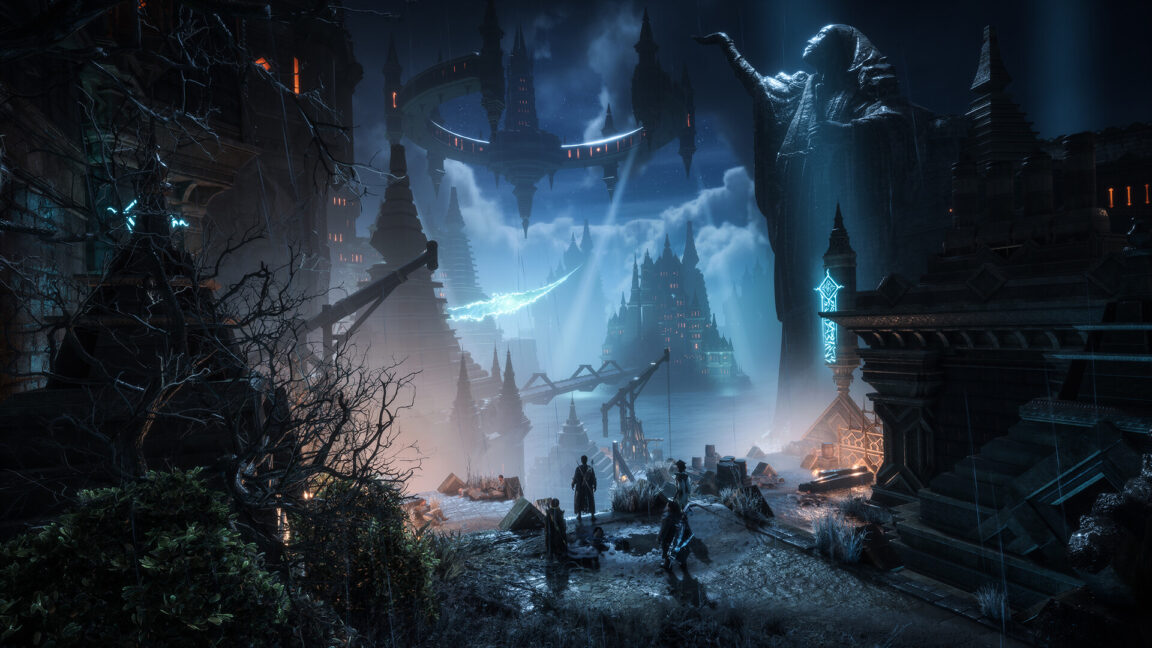In a field packed with quality roleplaying game developers, this is where BioWare has historically shined: making me have big feelings about my companions and the world they live in. This is what I crave.
Who is (my) Rook, anyway?
The Veilguard sets up your protagonist, Rook, with a lightly sketched backstory tied to your chosen faction. You pick a first name, you are assigned a last name, and you read a brief summary of an important event in Rook’s recent history. The rest is on you, and you reveal Rook’s essential nature through the dialog wheel and the major plot choices you make. Those plot choices are necessarily mechanically limited in scope and in rewards/consequences, but narratively, there’s a lot of ground you can cover.
For the record, I picked “Oof.” That’s just how my Rook rolls.
Credit:
Marisol Cuervo
During the game’s tutorial, you’re given information about a town that has mysteriously fallen out of communication with the group you’re assisting. You and your companions set out to discover what happened. You investigate the town, find the person responsible, and decide what happens to him next. Mechanically, it’s pretty straightforward.
The real action is happening inside your head. As Rook, I’ve just walked through a real horror show in this small village, put together some really disturbing clues about what’s happening, and I’m now staring down the person responsible while he’s trapped inside an uncomfortably slimy-looking cyst of material the game calls the Blight. Here is the choice: What does my Rook decide to do with him, and what does that choice say about her character? I can’t answer that question without looking through the lens of my personal morality, even if I intend for Rook to act counter to my own nature.
My first emotional, knee-jerk reaction is to say screw this guy. Leave him to the consequences of his own making. He’s given me an offensively venal justification for how he got here, so let him sit there and stare at his material reward for all the good it will do him while he’s being swallowed by the Blight.
Source link
